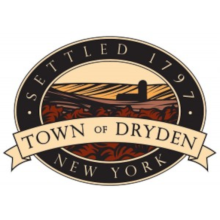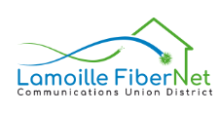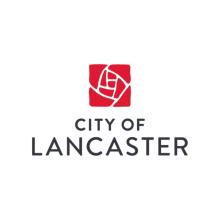Brownsville, Texas is Lit and Ready To Launch Into The Future
As Brownsville, Texas continues to make progress on an ambitious revitalization initiative, it is now transforming the digital landscape along the border with a citywide fiber network to bring fast, reliable, and affordable Internet service to its nearly 200,000 residents. The effort is being launched on the back of a city-owned middle mile fiber backbone and a partnership with Lit Fiber to build out last mile service, operating as Lit Fiber BTX.




















